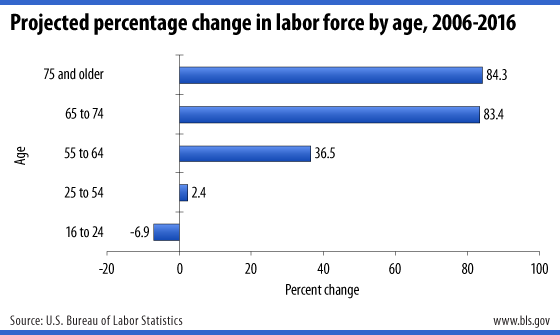Dog food, champagne, and Email
I am grinding through about 12,000 speaking proposals for the upcoming HR Technology Conference in October 2014, and in a recent review call, a rep from one of the vendors made almost a side comment about their own internal use as a company of the HR solution that they are offering in the market. The context was a discussion about a newer recruiting application the vendor was advocating and the vendor rep sort of off-handedly mentioned something like 'And we used the tool to source and help assess candidates for the 15 developer positions we needed to fill last quarter'.
Not a big deal right, that a HR technology company would use its own HR technology to help it solve its own HR problems and challenges. You would, as an observer or a potential customer of an HR technology solution sort of expect that the actual developer of a solution would have to naturally want to and be strongly motivated to use their own solutions in house.  click to see what I am talking about
click to see what I am talking about
This concept of a supplier company and its employees using the technology, products, or services that they produce is refrred to as 'Eating your own dog food' or for more sophisticated suppliers, 'Drinking your own champagne.' And typically, and especially in the minds of potential customers and prospects, when a company 'Drinks its own champagne' it is a sign that one, they are committed and passionate about the product, and two, the product actually works.
This 'dog food/champagne' issue was in the news again recently when the President of PayPal, David Marcus, came down hard on PayPal employees who had refused to install the PayPal payments app on their phones, had forgotten their PayPal passwords, and essentially were not advocating for the product and brand by using the product (and using it publicly).
Here is a short excerpt from Marcus' email to the PayPal team to give you a feel for just how serious 'eating your own dog food' is from this Exec's point of view:
As a matter of fact, it's been brought to my attention that when testing paying with mobile at Cafe 17 last week, some of you refused to install the PayPal app (!!?!?!!), and others didn't even remember their PayPal password. That's unacceptable to me, and the rest of my team, everyone at PayPal should use our products whenever available.
Marcus goes on though, and this next part is even more interesting:
In closing, if you are one of the folks who refused to install the PayPal app or if you can't remember your PayPal password, do yourself a favor, go find something that will connect with your heard and mind elsewhere.
Boom.
Marcus moves from, 'You really need to be an advocate for our products while you work here' to 'You probably should not be working here if you are not going to advocate for our products.'
Lots of commentators came down pretty hard on Marcus for the tone and message (maybe it was a bizarre set of !!! and ??? mixed in), but I think I am with him on this one. Wouldn't you expect someone who worked at PayPal to actually use PayPal?
I would. Just like I would expect a big payroll provider trying to sell payroll technology to my company to actually use that same technology to pay their own employees.
If a company doesn't internally use their own stuff (where applicable) or can't convince its own employees to adopt their products, to me that is a big red flag about the viability of the product, the commitment of the employees and the long-term chances of a successful partnership with their customers.
Postscript - If you click on the thumbnail image on the right side of this post, it will expand a 1977 advertisement for corporate email technology from Honeywell. If you read the fine print, (and it might be hard), after the copy that describes how wonderful this new email service will be, your 'Contact us to learn more' information contains a phone number and a postal or physical address. No way to contact Honeywell via email, even though that is precisely the service they are selling. Sure, in 1977 maybe none of the prospects would of even had email themselves, but to me that is not really the point. Honeywell would have looked really sharp and progressive if indeed, they offered email as a way to contact them about using email.
Postscript 2 - I am a Diet Coke fan. Last year at a vendor conference I was about to moderate a panel that included a participant from one of Coke's competitors. This panelist noticed my Diet Coke and asked me kindly but seriously, if I wouldn't mind leaving the Coke behind as we took the stage. And I did.
Have a great day!

 Steve
Steve



